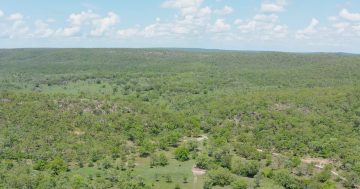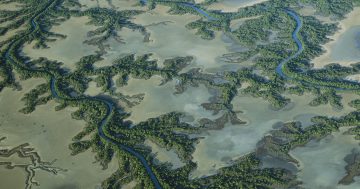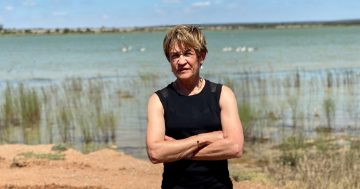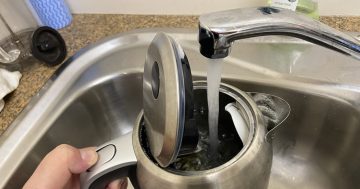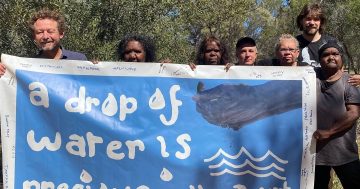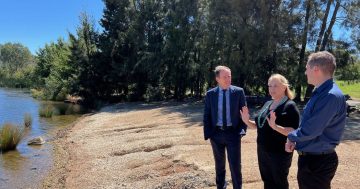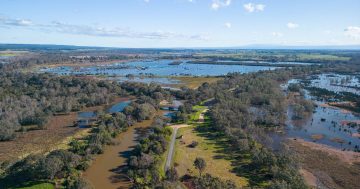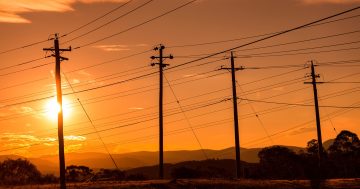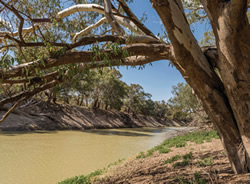 The final report on the management of water that fell in northern NSW in January and February this year has found that while it could be improved, the ‘Northern Basin first flush event’ led to much needed water being available for the environment and for communities throughout the Northern Basin.
The final report on the management of water that fell in northern NSW in January and February this year has found that while it could be improved, the ‘Northern Basin first flush event’ led to much needed water being available for the environment and for communities throughout the Northern Basin.
During the ‘event’ a series of temporary water restrictions, were put in place to manage the first flows and secure water for critical human needs.
Secretary of the Department of Planning, Industry and Environment (DPIE), Jim Betts said the Independent Panel’s review made recommendations on how the Department, WaterNSW and the Natural Resources and Access Regulator could improve the management of future events.
“The Panel has found that ultimately the restrictions imposed, including on floodplain harvesting, led to significant flows downstream, providing much-needed water for the environment and communities throughout the Northern Basin,” Mr Betts said.
“Water supply was secured for many communities across the Northern Basin, and Menindee Lakes now has 12 to 18 months’ water supply for local and downstream requirements in the Lower Darling River,” he said.
“The Panel found there is room for improvement though and made several recommendations that will help us improve management of future events like this.”
Mr Betts said the Panel made 10 recommendations designed to improve management and communication of temporary water restrictions; provide better modelling and real-time monitoring capabilities; and ensure first flush management provided for connectivity between water sources.
“We will now carefully consider all 10 recommendations and look at how these can be successfully implemented,” he said.
Mr Betts thanked the Panel members, Wendy Craik and Greg Claydon, and the stakeholders who provided submissions at all stages of the assessment.
The Panel’s 154-page final report, Independent Panel Assessment of the Management of the 2020 Northern Basin First Flush Event, can be accessed at this PS News link.


